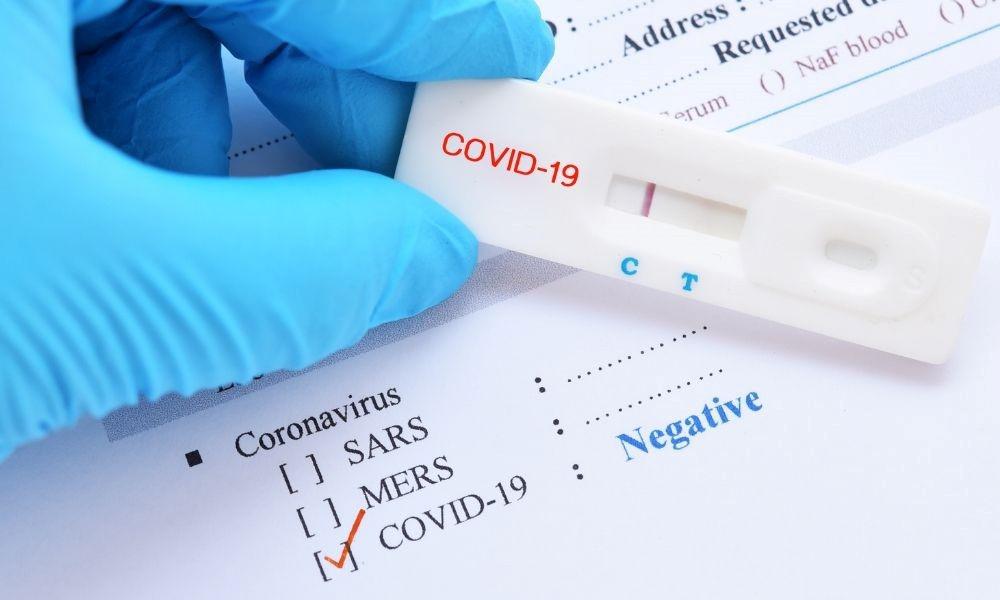
What happens if your child contracts the COVID-19 virus? Parents should know about COVID-19 testing for kids, so they know what to do to help if the occasion were to arise. There are multiple different tests, and with the CDC evolving COVID-19 protocol, it is best to become familiar with the standard tests in case a situation arises in your household.
How Many Tests Are There?
In general, there are three different types of COVID-19 testing: rapid antigen, PCR, and antibody testing. Your child’s pediatrician will determine what test is appropriate through the child’s symptoms, whether they were exposed, and the current illnesses that are going around.
Rapid Antigen Testing
Rapid antigen tests are the fastest, with results within the same day, and are taken through a nasal swab from the front of the nose. If your child has active symptoms and had exposure to the virus, this may be the test the doctor decides on. This test does not examine for the actual COVID-19 virus, but instead the protein your immune system creates to fight the virus.
PCR Testing
A nasal or saliva sample is taken for a PCR test, and results are not typically seen until one or two business days after the test was performed. This test can be more sensitive to results because it can detect the virus in multiple stages of the infection. A positive result does not necessarily mean your child is sick with the virus now but rather has been exposed to COVID-19 at some point.
Antibody Testing
This blood test also detects the protein your body creates to fight the virus. Results are not immediate and can take one to two business days. If you need a test that works faster, consider doing a rapid COVID test in Raleigh, NC, for your kiddo.
What Happens If Your Child Is Sick With COVID-19?
After taking a test, if your child is sick, follow normal COVID protocol regulations in your area and isolate the child from anyone else in the home. The CDC is constantly changing the precautions revolving around the virus, so make sure you are up to date on all rules. Inform the proper personnel of the child’s illness, like teachers, daycares, and coaches.
If your child tests positive for COVID-19, do not assume that they will be protected against future illnesses of the virus. Parents should know about COVID-19 testing for kids, so they can be well prepared for any bumps in the road if the time comes. Speak with your doctor if you are ever unsure about the health of your child, and continue to do everything in your power to protect them against the virus.


